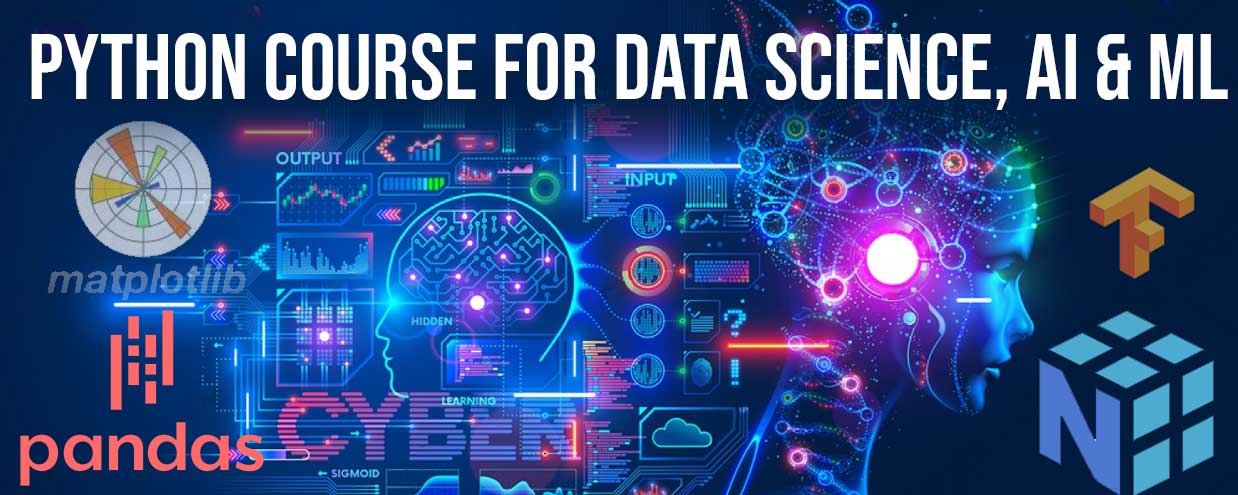Python has become one of the most popular programming languages for machine learning because it is easy to learn and use, and has a wide range of libraries and frameworks that are specifically designed for data analysis, scientific computing, and machine learning. Here are some specific reasons why learning Python is beneficial for machine learning:
Easy to learn and use: Python is a high-level language with a simple syntax that is easy to learn and use, making it a good choice for beginners. It also has a large and supportive community of developers who are willing to help and share their knowledge.
Wide range of libraries and frameworks: Python has a vast range of libraries and frameworks for data analysis, scientific computing, and machine learning, including NumPy, Pandas, Scikit-learn, TensorFlow, Keras, PyTorch, and more. These libraries and frameworks make it easy to implement machine learning algorithms and work with large datasets.
Flexibility and scalability: Python is a versatile language that can be used for a variety of applications, including web development, data analysis, and machine learning. It is also scalable, meaning it can handle large datasets and complex computations.
Demand in the job market: Python is currently one of the most popular programming languages used in machine learning and data science. Learning Python for machine learning can open up many job opportunities in these fields.
In conclusion, learning Python for machine learning is a smart choice for anyone interested in working with large datasets, implementing machine learning algorithms, and pursuing a career in data science or machine learning.








